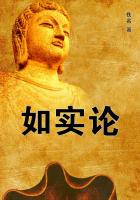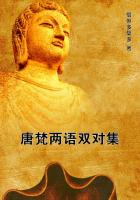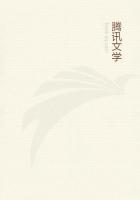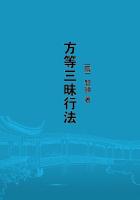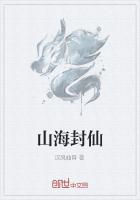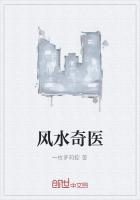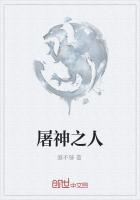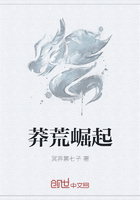"The first battle, fought and finished," Martin said to the looking-glass ten days later. "But there will be a second battle, and a third battle, and battles to the end of time, unless - "
He had not finished the sentence, but looked about the mean little room and let his eyes dwell sadly upon a heap of returned manuscripts, still in their long envelopes, which lay in a corner on the floor. He had no stamps with which to continue them on their travels, and for a week they had been piling up. More of them would come in on the morrow, and on the next day, and the next, till they were all in. And he would be unable to start them out again. He was a month's rent behind on the typewriter, which he could not pay, having barely enough for the week's board which was due and for the employment office fees.
He sat down and regarded the table thoughtfully. There were ink stains upon it, and he suddenly discovered that he was fond of it.
"Dear old table," he said, "I've spent some happy hours with you, and you've been a pretty good friend when all is said and done.
You never turned me down, never passed me out a reward-of-unmerit rejection slip, never complained about working overtime."
He dropped his arms upon the table and buried his face in them.
His throat was aching, and he wanted to cry. It reminded him of his first fight, when he was six years old, when he punched away with the tears running down his cheeks while the other boy, two years his elder, had beaten and pounded him into exhaustion. He saw the ring of boys, howling like barbarians as he went down at last, writhing in the throes of nausea, the blood streaming from his nose and the tears from his bruised eyes.
"Poor little shaver," he murmured. "And you're just as badly licked now. You're beaten to a pulp. You're down and out."
But the vision of that first fight still lingered under his eyelids, and as he watched he saw it dissolve and reshape into the series of fights which had followed. Six months later Cheese-Face (that was the boy) had whipped him again. But he had blacked Cheese-Face's eye that time. That was going some. He saw them all, fight after fight, himself always whipped and Cheese-Face exulting over him. But he had never run away. He felt strengthened by the memory of that. He had always stayed and taken his medicine. Cheese-Face had been a little fiend at fighting, and had never once shown mercy to him. But he had stayed! He had stayed with it!
Next, he saw a narrow alley, between ramshackle frame buildings.
The end of the alley was blocked by a one-story brick building, out of which issued the rhythmic thunder of the presses, running off the first edition of the ENQUIRER. He was eleven, and Cheese-Face was thirteen, and they both carried the ENQUIRER. That was why they were there, waiting for their papers. And, of course, Cheese-
Face had picked on him again, and there was another fight that was indeterminate, because at quarter to four the door of the press- room was thrown open and the gang of boys crowded in to fold their papers.
"I'll lick you to-morrow," he heard Cheese-Face promise; and he heard his own voice, piping and trembling with unshed tears, agreeing to be there on the morrow.
And he had come there the next day, hurrying from school to be there first, and beating Cheese-Face by two minutes. The other boys said he was all right, and gave him advice, pointing out his faults as a scrapper and promising him victory if he carried out their instructions. The same boys gave Cheese-Face advice, too.
How they had enjoyed the fight! He paused in his recollections long enough to envy them the spectacle he and Cheese-Face had put up. Then the fight was on, and it went on, without rounds, for thirty minutes, until the press-room door was opened.
He watched the youthful apparition of himself, day after day, hurrying from school to the ENQUIRER alley. He could not walk very fast. He was stiff and lame from the incessant fighting. His forearms were black and blue from wrist to elbow, what of the countless blows he had warded off, and here and there the tortured flesh was beginning to fester. His head and arms and shoulders ached, the small of his back ached, - he ached all over, and his brain was heavy and dazed. He did not play at school. Nor did he study. Even to sit still all day at his desk, as he did, was a torment. It seemed centuries since he had begun the round of daily fights, and time stretched away into a nightmare and infinite future of daily fights. Why couldn't Cheese-Face be licked? he often thought; that would put him, Martin, out of his misery. It never entered his head to cease fighting, to allow Cheese-Face to whip him.
And so he dragged himself to the ENQUIRER alley, sick in body and soul, but learning the long patience, to confront his eternal enemy, Cheese-Face, who was just as sick as he, and just a bit willing to quit if it were not for the gang of newsboys that looked on and made pride painful and necessary. One afternoon, after twenty minutes of desperate efforts to annihilate each other according to set rules that did not permit kicking, striking below the belt, nor hitting when one was down, Cheese-Face, panting for breath and reeling, offered to call it quits. And Martin, head on arms, thrilled at the picture he caught of himself, at that moment in the afternoon of long ago, when he reeled and panted and choked with the blood that ran into his mouth and down his throat from his cut lips; when he tottered toward Cheese-Face, spitting out a mouthful of blood so that he could speak, crying out that he would never quit, though Cheese-Face could give in if he wanted to. And Cheese-Face did not give in, and the fight went on.

